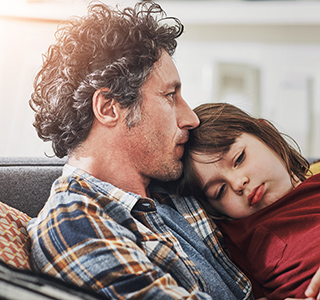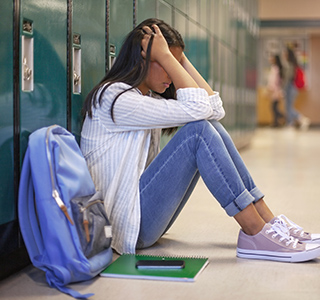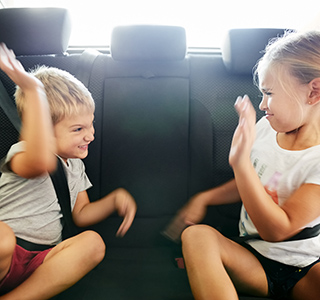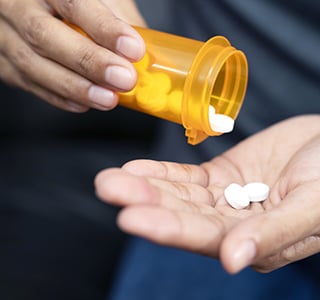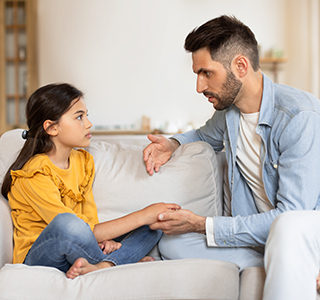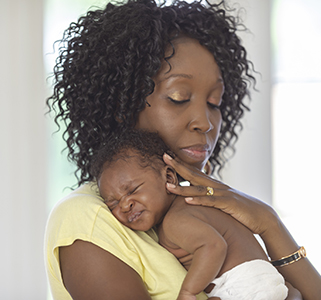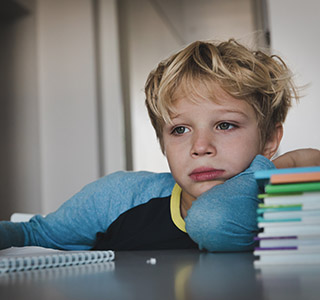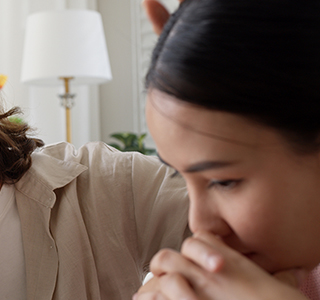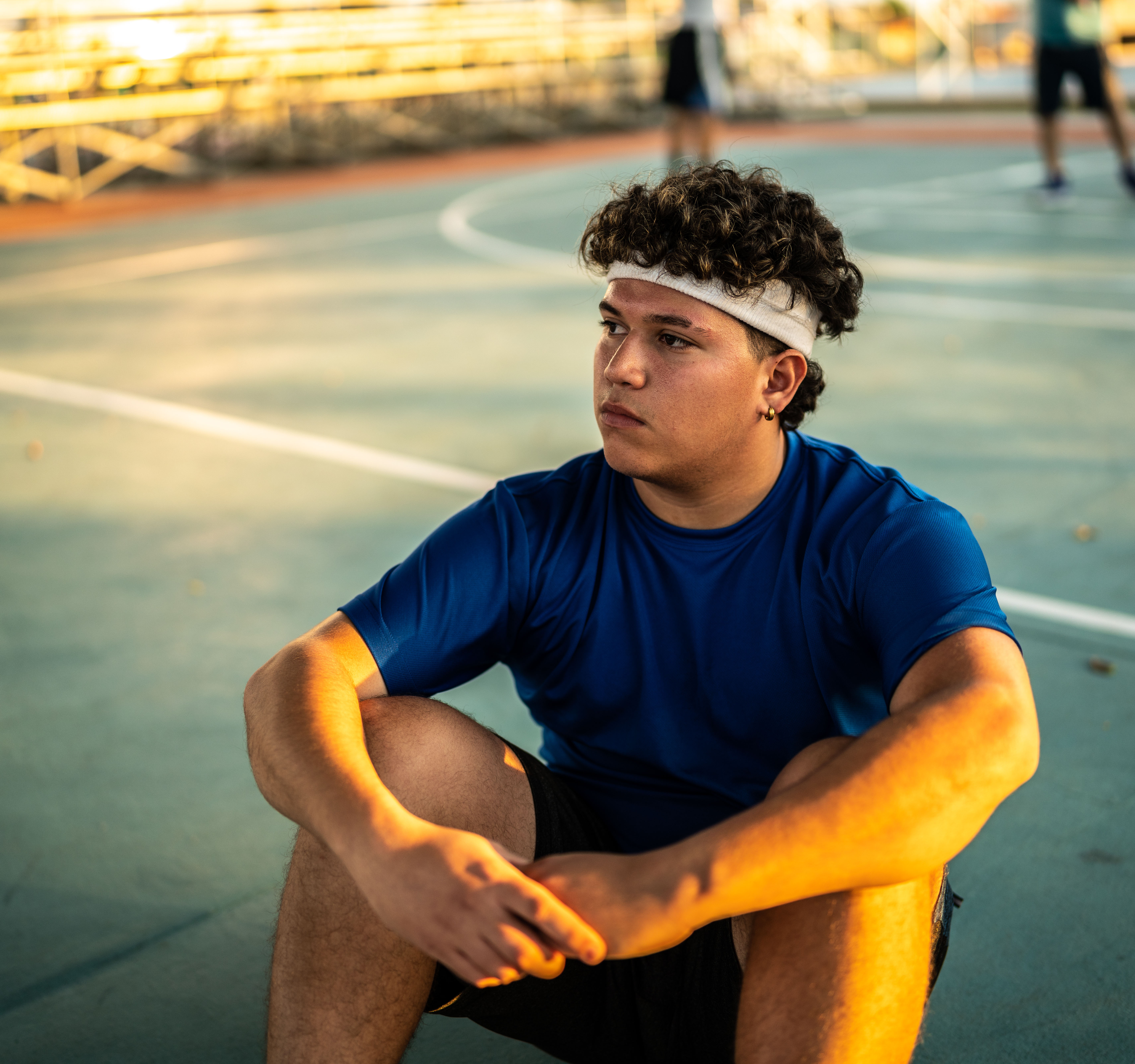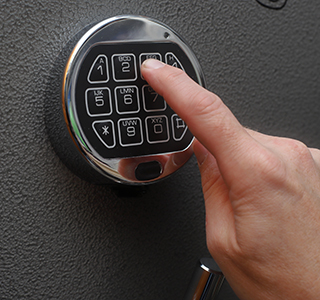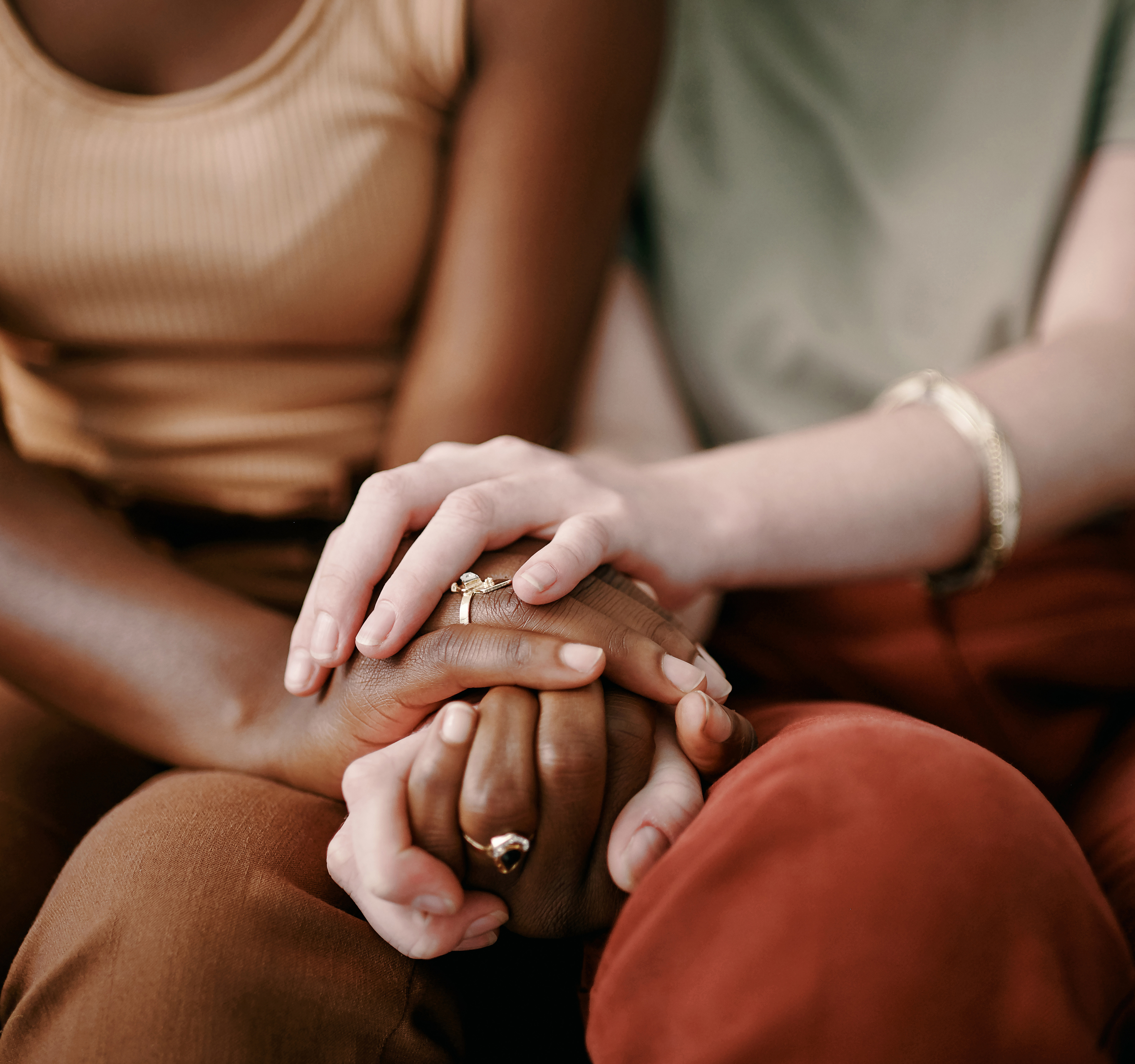It's not perfect. It's parenting.
Sometimes you need answers to the little everyday things that parents encounter. And sometimes, you just need someone to encourage you through all of the craziness and challenges of parenthood. Welcome to Parent-ish, a blog from the experts at Children's Mercy.

Get updates
Have a parenting hack to share? Or a topic you'd like to see?
Category: Tough topics
5 teen relationship red flags
I spend a lot of time talking to patients and parents about healthy relationships. It’s common for teens to have some less-than-great experiences as they take more ownership over their social lives. With support from schools, health care professionals and other trusted adults, parents can help adolescents prioritize positive connections and avoid harmful dynamics.
Resources for helping kids process the anniversary of the Super Bowl parade shootings
The horrific events that took place after the 2024 Chiefs parade and rally at Union Station may again strike fear a year later, especially for children and families who were at the parade and witnessed terrifying things. Anniversary reactions are a common part of the recovery process after tragic events, especially those that include loss and fear. To support your child, we've created resources and guidance on what to look out for.
How to support your kids through big life changes
Most children will experience impactful life changes – “big” changes. Even expected life transitions can be stressful and feel “big” to kids, such as a sibling leaving for college, transitioning from elementary school to middle school or having a new team or coach. Your goal as a parent or caregiver is to give your kids the skills and tools to navigate these changes successfully and help kids feel confident they can cope with these feelings and act in ways that help them adapt to change.
Dealing with parenting peer pressure? Our providers have been there, too.
Parenting is hard, and is even harder when friends, family or even your children have opinions on your parenting choices. If you’ve ever felt this way you're not alone – experts in the pediatric health field experience this, too. Keep reading to learn how this panel of parents has had to uphold their boundaries and provide advice for you to do the same.
How to talk with kids about cancer
Cancer is not an easy thing to talk about. It’s understandable why many parents and caregivers feel hesitant to talk with their kids about it. As uncomfortable as it may be, it’s important to be honest with young people about cancer. Talking openly helps relieve anxiety and builds trusting relationships. If someone in your child’s life is diagnosed with cancer, it will affect them. Whether that person is a close family member, a friend, someone at school or in their after-school activities, creating space to talk about cancer is beneficial for your child and for your relationship with them.
Teaching kids not to bully – and how to react if you find out they are
We all think the best of our kids – but that doesn’t mean at some point, they won’t exhibit bullying behaviors. Why does this happen, how can you teach your kids not to bully and most importantly…how do you react if you find out they’ve bullied a classmate or friend?
Why kids hit – and what parents can do about it
It’s a scenario many parents are probably familiar with: one second your children are playing quietly together, and then all of a sudden, you hear crying and shouts of “Mom, they hit me!” When this happens the first time, parents are often at a loss. Why are my children hitting, and what the heck should I do about it? We have answers to your questions on the whys and best ways to discipline if your child hits.
6 things parents should know about opioids
In the past 20 years, illegal use of opioids has risen sharply. Many people have family members struggling with addiction or have lost loved ones to overdose. What do parents need to know to keep kids safe?
How to talk with kids about foster care
Kids often come to parents with questions we aren’t prepared to answer. We may panic and shut down the conversation, put them to sleep with a wordy monologue, or tell them to ask another parent. But those aren’t our only options for talking about complicated topics like foster care. We’ve gathered a few tips based on our experience to help you and your child have a productive conversation you can feel good about.
Are you a new parent feeling sad, tired or anxious? Here is a guide to help.
While many moms and other birthing people experience the “baby blues” in the first 2 weeks after having a baby (worry, sadness and tiredness), these symptoms usually resolve on their own. However, Perinatal Mood and Anxiety Disorders (PMADs) can be more serious
Anxiety and depression: what parents and caregivers should know
Mental health is becoming more commonly talked about and less stigmatized, which is a step in the right direction. Still, many adults are unsure of how to support children’s mental wellbeing. Sadness and nervousness are normal human emotions, so how do you know what type of support to give your child? We’re sharing guidance from our clinical expertise to help you answer that question.
How to talk to your kids about their first heartbreak
Our first love can be a highly emotional experience and the same goes for first heartbreak. It’s never easy to see your child hurting, but you can ease their struggle by remaining open and available to listen.
The power of self-esteem: How to prevent bullying in children
Self-esteem begins to develop in early childhood when children start to develop their sense of self. As children begin to understand and know who they are, they start to identify the key qualities and aspects of themselves. Self-esteem plays an important role in early development and continues to be impacted over the course of development for a child.
Keeping kids safe while safely storing firearms
Conversations about firearms are tough conversations to have with a child. However, gone are the days of only teaching kids about gun safety to keep them safe. Telling your child not to touch a firearm if they find one is no longer enough. Now, firearms are the leading cause of death among children and teens in the United States. The best way to keep your children safe is keeping firearms stored safely.
How to support families with critically ill kids
It’s easy enough to offer support to a family whose kiddo has the flu or a broken bone, but it can be a challenge to know how to be there for friends and family when a child is facing a more serious illness. From our professional and personal experience, we’ve learned a lot about what works and what doesn’t. We want to equip everyone to offer much-needed support for these families. Community help can make all the difference and build stronger relationships in the long run.





